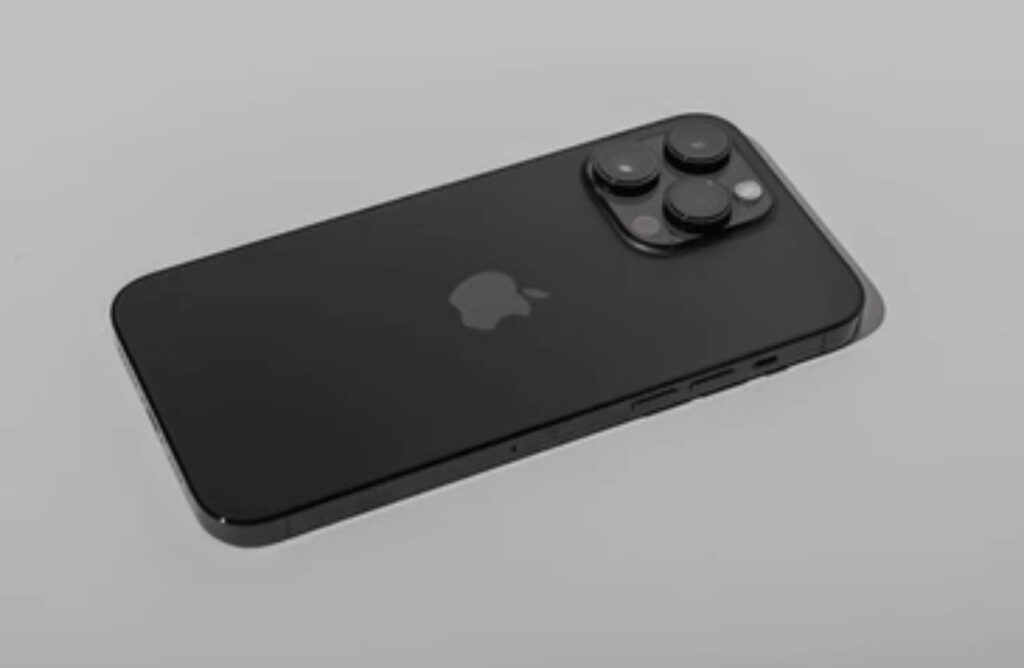
Chances are, you’re staring at your phone as you read this — hopefully not while someone’s trying to talk to you.
While smartphones are great for staying connected and planning social outings, they can also disrupt real-life conversations. Think about the last time you went out with friends and the chatter suddenly stopped because everyone got distracted by their screens. It’s more common than you’d expect — and it’s a growing issue.
You’re probably looking at your phone right now — hopefully not at the expense of ignoring someone nearby.
Smartphones have transformed how we interact with others and can be incredibly useful for making plans. Still, it’s not uncommon to be out with friends and watch conversations die out as everyone shifts their focus to their phones. This issue is more widespread than many realize.
This subtle disconnection, often referred to as “phubbing,” tends to occur without us noticing. Even if it’s not deliberate, it can make others feel overlooked. A simple solution like placing your phone screen-down can help you be more engaged with those you’re spending time with.
I’ve been guilty of getting caught up in my phone instead of giving my full attention to the person with me — and I’ve regretted it afterward. While there’s nothing wrong with replying to an urgent message or showing a funny video, I’ve realized I spend more time than I should glued to screens, often doomscrolling. Lately, when I’m not actively using my phone, I make a conscious effort to put it away or at least face it down.
It shields your screen from damage
One big reason I prefer to keep my phone screen-down is practical: when it’s not in my pocket, it’s on a table — often near drinks. I’ve spilled plenty of liquids on my devices, and even though modern phones are water-resistant, I’d rather not take the risk. Turning the screen away helps keep it safe from spills and dirt.
I also use a case with raised edges, which prevents the screen from touching whatever crumbs or debris might be on the table.
A colleague once shared how someone accidentally dropped a mug on his phone while it was charging face-up on the kitchen counter — cracking the screen. He didn’t have a screen protector at the time, which made things worse (he does now).
It can help preserve battery life
Another perk of placing your phone face down is that the screen won’t light up with every incoming notification. This can help your battery last longer.
A single notification won’t drain your phone completely, but they add up — especially if you’ve allowed multiple apps to send alerts. If you’re in several group chats, your phone could light up dozens (or even hundreds) of times each day.
It’s a subtle sign of respect
Keeping my phone turned over has also become a social rule for me. It’s a quiet way to show I’m not planning to check it constantly when spending time with someone. Especially in dimly lit places like bars, I don’t want the screen flashing and pulling attention away from the moment.
Clinical psychologist Michelle Davis from Headspace explains that making eye contact is powerful. It actually synchronizes brain activity between people, enhancing communication and empathy. But even a quick glance at your phone can break that connection.
When I’m with friends or family, I want to be fully engaged — and a buzzing phone tempts me to disengage, even momentarily.
It reduces your phone’s presence
Phones today are larger and more intrusive than ever. They compete with everything — people, entertainment, even the outside world — and often win. But by simply flipping my phone over, I reduce its power to interrupt.
It can feel impossible to escape the grip of your smartphone. While we may not be able to change what phones are or how much they demand our attention, we can control small choices — like whether the screen is facing us when we’re not using it. For me, that makes a difference.











